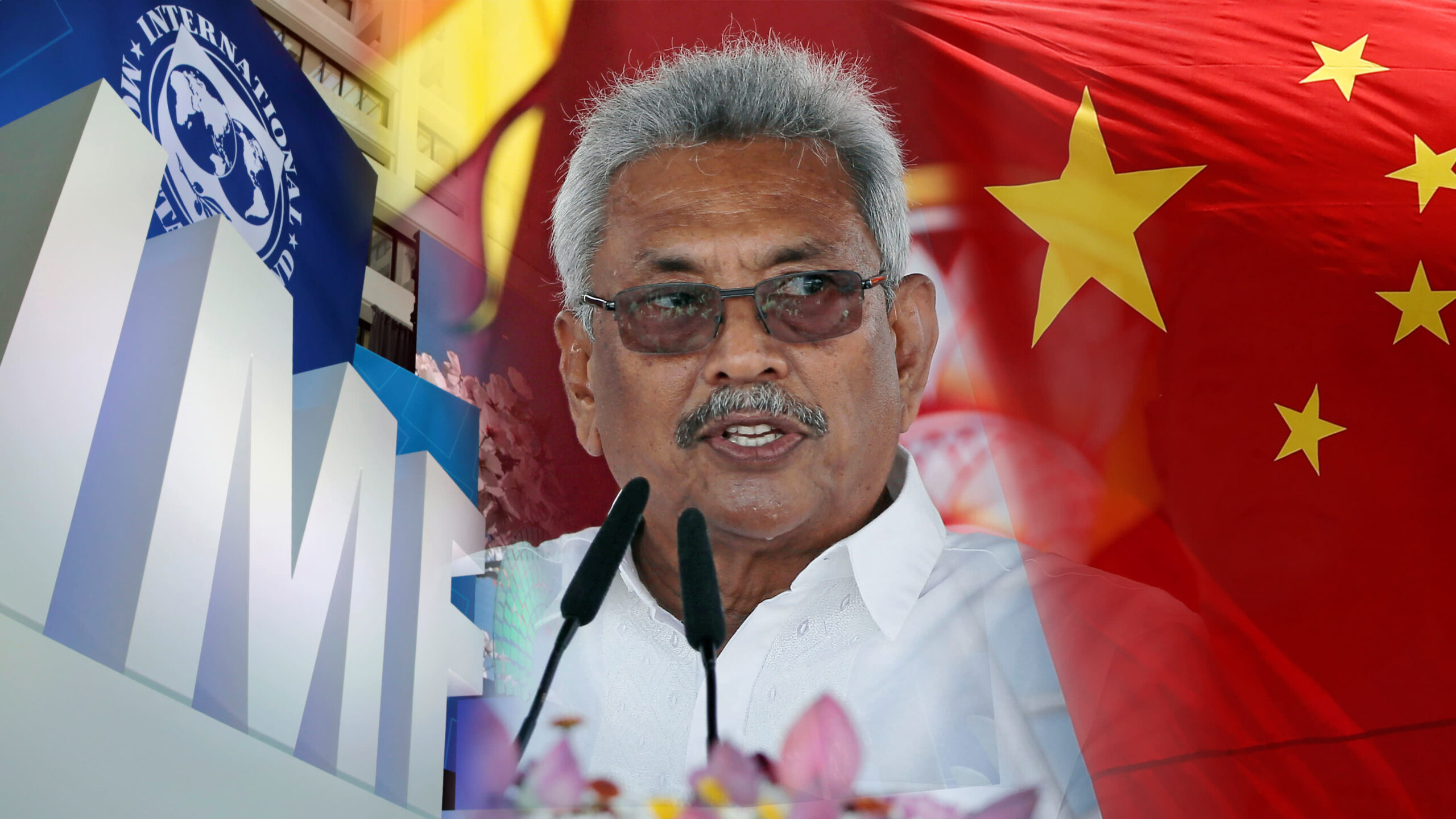Amidst proposals and recommendations by various economists and international rating agencies to seek International Monetary Fund (IMF) assistance, the Government of Sri Lanka is divided on seeking such assistance, both within the Cabinet of Ministers and the parliamentary group, according to Co-Cabinet Spokesman and Minister of Mass Media Dullas Alahapperuma.
Speaking during the Cabinet press briefing held yesterday (24), he admitted that there exists contradicting views within the aforementioned groups and stated that the Government will consider the pros and cons of both views and will implement the more favourable view. However, he further claimed that as of now the Government is yet to reach a final decision on the matter.
“Last week, an extensive discussion was held on whether to seek IMF assistance and various views were put forward by the Cabinet of Ministers on the pros and cons of working with the IMF. Similarly there exist two contrasting views among the parliamentary group as well,” he added.
According to Alahapperuma a comprehensive discussion on the matter was carried out by the Cabinet of Ministers last week where differing views were disclosed, setting out the pros and cons of working with the IMF.
During the press briefing, the need to explore the possibilities of securing a bailout from the IMF due to the increasing foreign reserves crisis was discussed.
Sri Lanka’s foreign reserves have, as per Central Bank of Sri Lanka (CBSL) data, fallen to $ 1.6 billion by the end of October from $ 2.1 billion at the end of September.
During this Cabinet meeting, Minister of Energy Udaya Gammanpila cautioned that the country was treading a very dangerous path if it didn’t formulate a proper plan to address the foreign reserves crisis. He proposed that the Government approach the IMF.
Explaining further he stated: “Although the IMF will lay down conditions in order to support us, we are still in a situation where we could bargain and negotiate the conditions,” Gammanpila explained to the Cabinet, adding that delaying such a move would put Sri Lanka in a worse situation that might compel the Government to go begging to the IMF. “Once we are in a worse situation a few months down the line, we will not be in a position to negotiate and will have to accept their (IMF) conditions.”
However, Minister of Trade Dr. Bandula Gunawardana, Minister of Water Supply Vasudeva Nanayakkara, and the Minister of Finance Basil Rajapaksa opposed seeking IMF assistance, claiming that the Government would not be able to persuade the people to accept the IMF’s conditions in return for financial support.
Nanayakkara observed that based on past experience, the IMF would call for the slashing of subsidies and harsh measures to bridge the budget deficit. Dr. Gunawardana also agreed and observed that the people would not be able to bear the conditions.
Adding to this view, Minister of Finance Basil Rajapaksa had stated that the Government will not be able to justify turning to the IMF. He added that the IMF conditions would not be marketable to the people. Meanwhile, CBSL Governor Ajith Nivard Cabraal too stated on Tuesday (24) that Sri Lanka will not seek assistance from the IMF.
Accordingly, as per reports, the Cabinet of Ministers had debated on the pros and cons of seeking IMF assistance for a one-hour period, where they had considered slashing subsidies now and resolving the crisis in the long term against continuing with the status quo and eventually being compelled to cut back on the import of essential items to resolve the forex issue.
The Cabinet meeting had concluded without reaching a final decision on the matter nor had they come to an agreement on an alternative programme to address the foreign reserves crisis.


